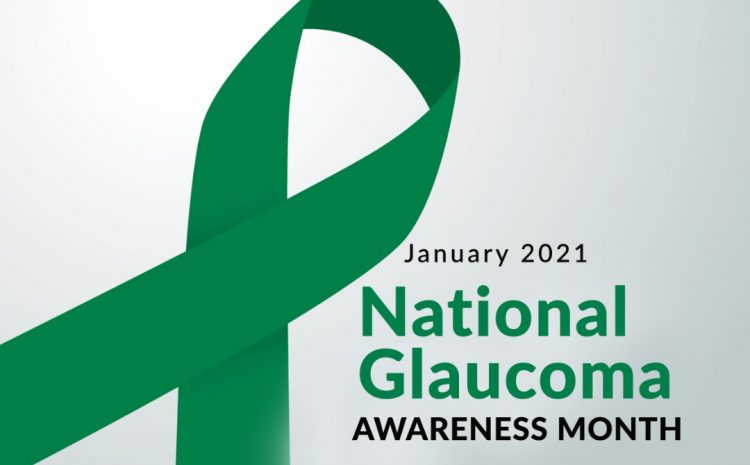
Glaucoma is a group of eye conditions that damage the optic nerve, the health of which is vital for good vision. This damage is often caused by an abnormally high pressure in your eye.
Glaucoma is one of the leading causes of blindness for people over the age of 60. It can occur at any age but is more common in older adults.
Many forms of glaucoma have no warning signs. The effect is so gradual that you may not notice a change in vision until the condition is at an advanced stage.
Because vision loss due to glaucoma can’t be recovered, it’s important to have regular eye exams that include measurements of your eye pressure so a diagnosis can be made in its early stages and treated appropriately. If glaucoma is recognized early, vision loss can be slowed or prevented. If you have the condition, you’ll generally need treatment for the rest of your life.
Glaucoma Causes
The fluid inside your eye, called aqueous humor, usually flows out of your eye through a mesh-like channel. If this channel gets blocked, or the eye is producing too much fluid, the liquid builds up. Sometimes, experts don’t know what causes this blockage. But it can be inherited, meaning it’s passed from parents to children.
Less-common causes of glaucoma include a blunt or chemical injury to your eye, severe eye infection, blocked blood vessels inside your eye, and inflammatory conditions. It’s rare, but eye surgery to correct another condition can sometimes bring it on. It usually affects both eyes, but it may be worse in one than the other.
Glaucoma Risk Factors

It mostly affects adults over 40, but young adults, children, and even infants can have it. African American people tend to get it more often, when they’re younger, and with more vision loss.
Glaucoma is a disease that damages your eye’s optic nerve. It usually happens when fluid builds up in the front part of your eye. That extra fluid increases the pressure in your eye, damaging the optic nerve. Glaucoma is a leading cause of blindness for people over 60 years old. But blindness from glaucoma can often be prevented with early treatment.
Signs of Acute angle-closure Glaucoma
- Severe headache
- Eye pain
- Nausea and vomiting
- Blurred vision
- Halos around lights
- Eye redness
Read our blogs for more info https://tounhospital.com/blog/
Check out our facebook page https://www.facebook.com/tounhospitalnigeria




